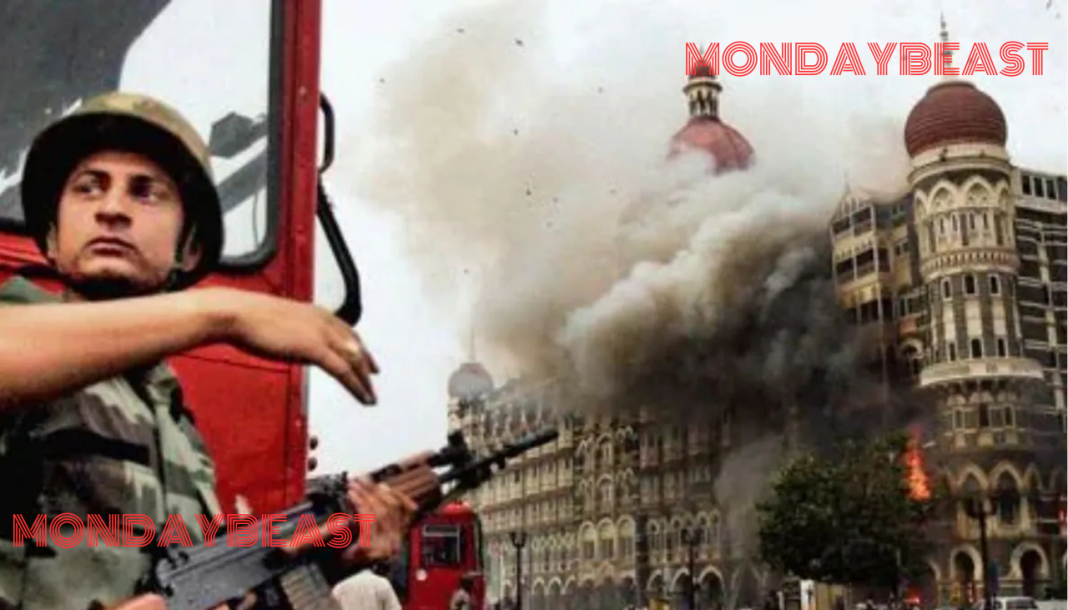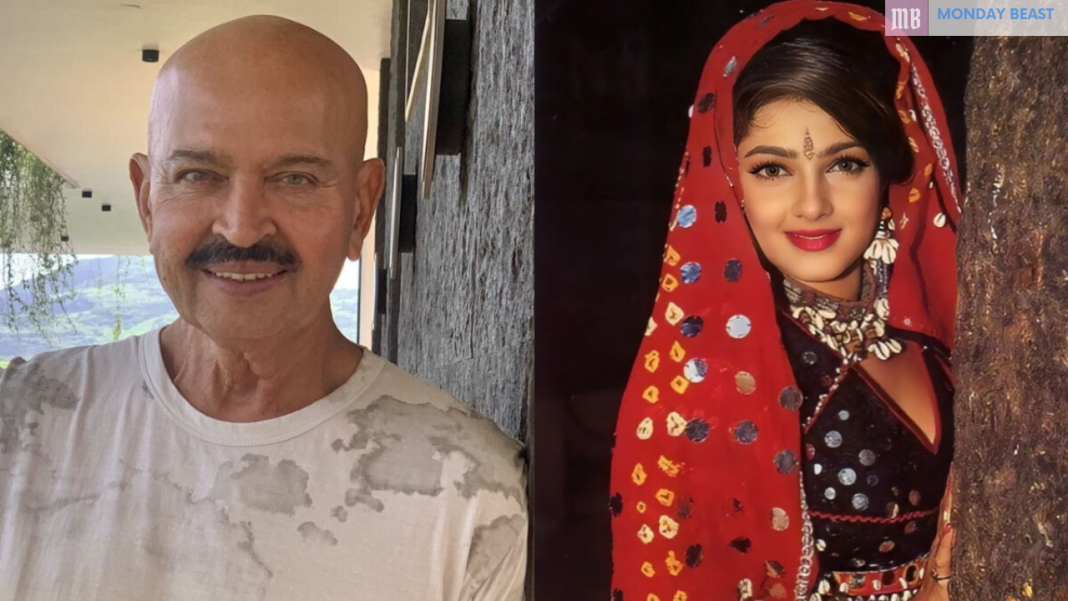The anniversary of the 26/11 Mumbai terror attacks reminds us of profound loss. How do we truly honor those who perished? Each year, as November rolls in, memories flood back—the heartbreak, the aftermath, the resilience. We may ask ourselves: Have we learned enough since that dark day?
President Droupadi Murmu reflected on the horrendous events. She labeled the attacks a “cowardly” act. Her words draw our attention to the sacrifices made by countless brave security personnel who faced unprecedented danger, many giving their lives. The nation remembers their courage with heavy hearts.
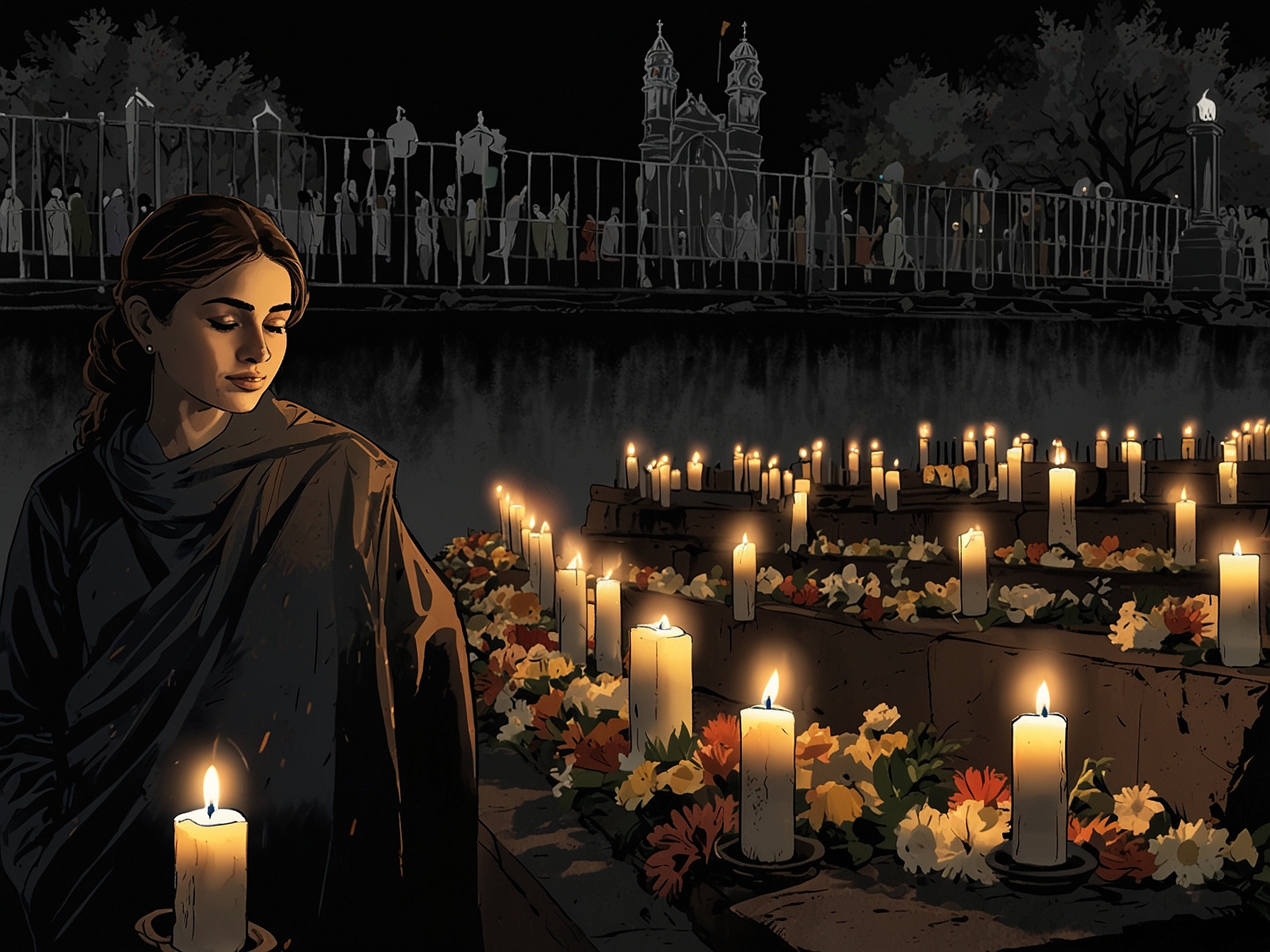
“On this day, we pay homage to the brave hearts who lost their lives,” she wrote. These words resonate deeply, as families remember loved ones not just as statistics but as human beings with dreams cut short. It makes one ponder—what does it mean to truly honor their memory?
Defence Minister Rajnath Singh added his voice. He affirmed what we all feel: “We remember, and we will never forget those wounds.” This sentiment captures a communal pain. Each family, each survivor undoubtedly has their own personal narrative shaped by that day, leading us to consider—how can we better support those still reeling from such trauma?
The 2008 attacks left indelible marks on Mumbai and beyond. Attackers burst into life at various historical establishments—could anyone have imagined? The chaos of innocents caught in a nightmare seems unspeakable. Schools teach about resilience in the face of adversity, yet how often do we reflect on the emotional scars left behind?
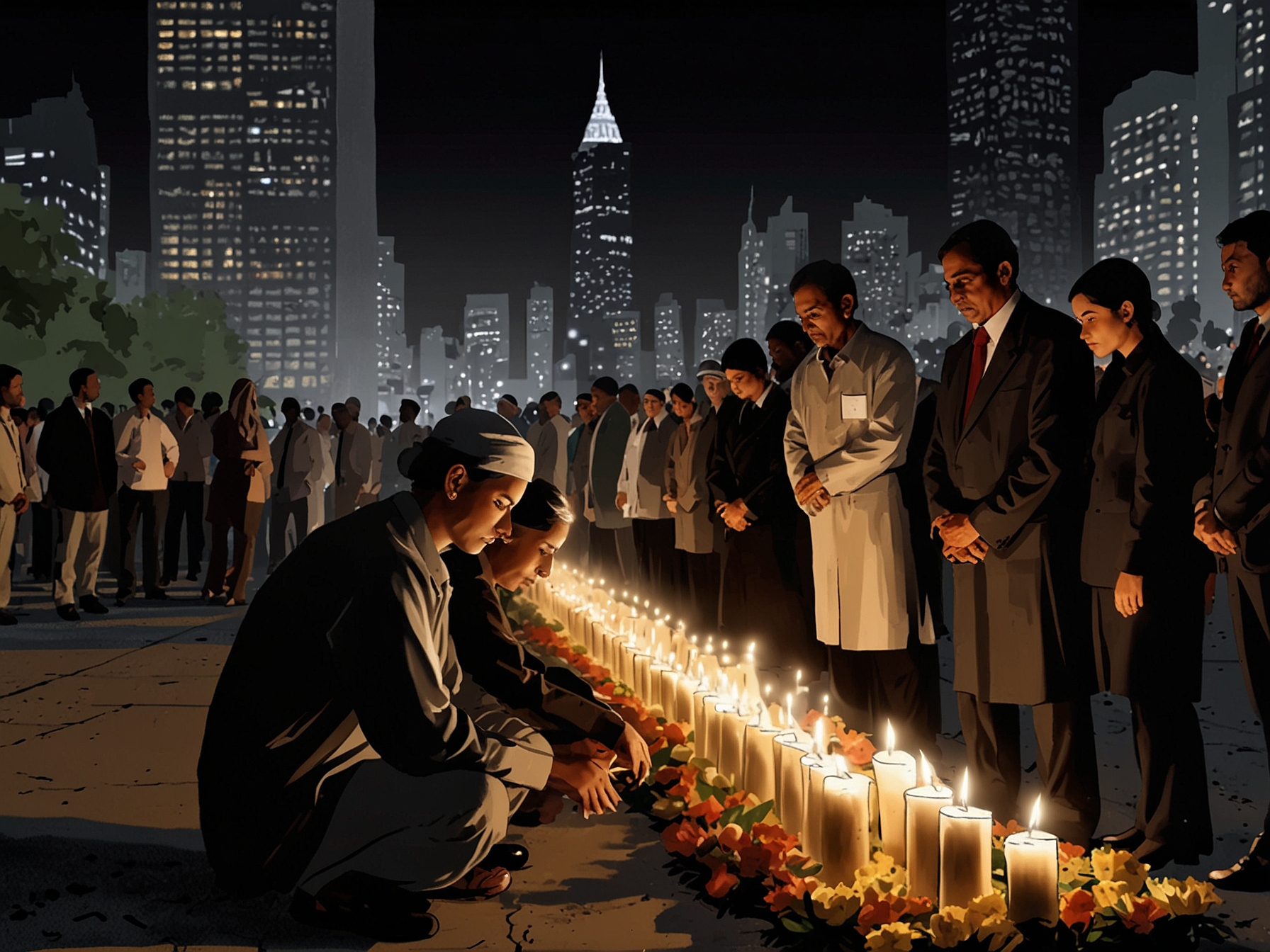
Union Home Minister Amit Shah expressed solidarity as well. He described the terrorists’ actions as a “blot on the entire human civilization.” Can you feel the weight of that statement? It’s daunting to consider how one act of hatred can ripple through time. The scars might fade; yet, the memories return with clarity.
The discussions go beyond remembrance. The Modi administration’s zero-tolerance policy against terrorism was emphasized. It’s an assertion that safety remains paramount. But can policies truly heal wounds, or do they simply offer temporary fixes while deeper issues lie unaddressed?
On this occasion, it’s critical to reflect on broader implications. The world watched as Mumbai reeled from the attacks, reiterating that terrorism knows no boundaries. Are there lessons we can carry into future generations? Perhaps teaching them about peace could be a start.
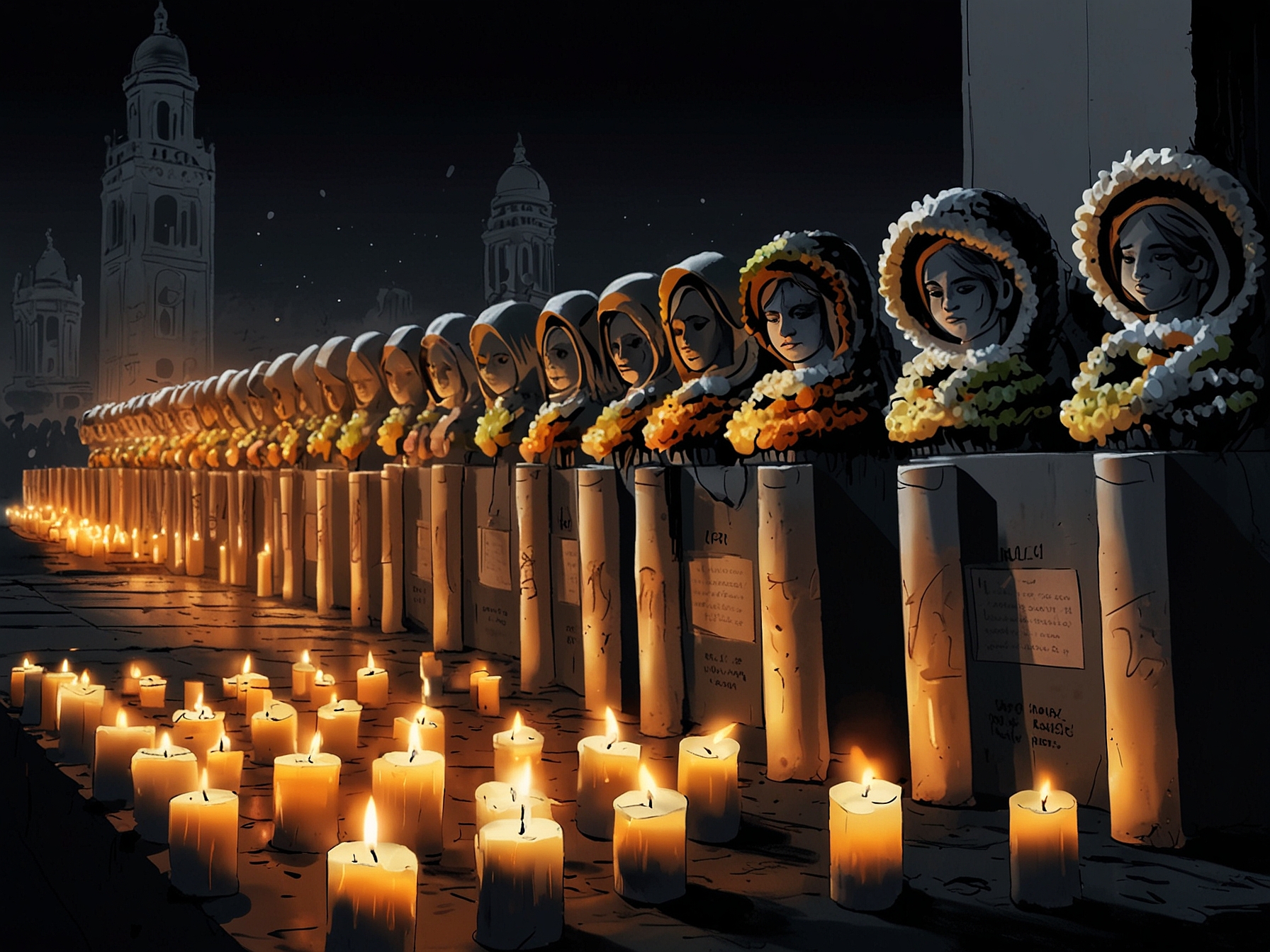
Why is it that such tragedies evoke worldwide condemnation, but change feels painfully slow? We see rhetoric championing anti-terrorism efforts, but do they resonate? With so many lives impacted, the need for dialogue cannot be overstated.
There’s power in remembering together. Through tributes and shared memories, we weave a tapestry of resolve. Amid grief, there lies unity. The collective strength exhibited on this day speaks volumes. Individuals and families must continue to connect, engage, and support each other in their healing journey.
Finally, as we remember 26/11, let’s also educate ourselves about the future. What can we do to create a safer, stronger society? It starts with conversations—not just today but in our daily lives. We can prevent history from repeating itself through engagement, understanding, and action.
The scars of that day will always remain. They remind us of our vulnerability, yet they also teach resilience. We honor the past by shaping a future free from hatred. Let every remembrance serve as a clarion call for peace.

